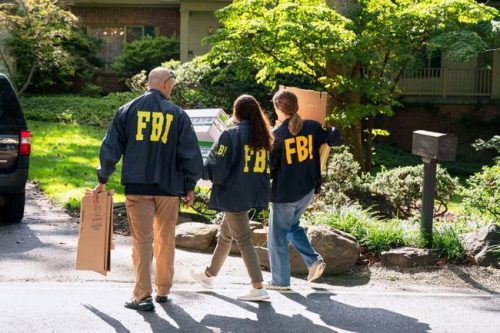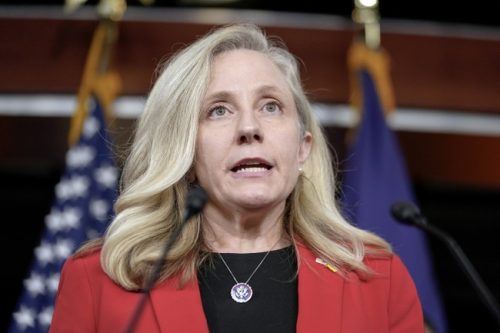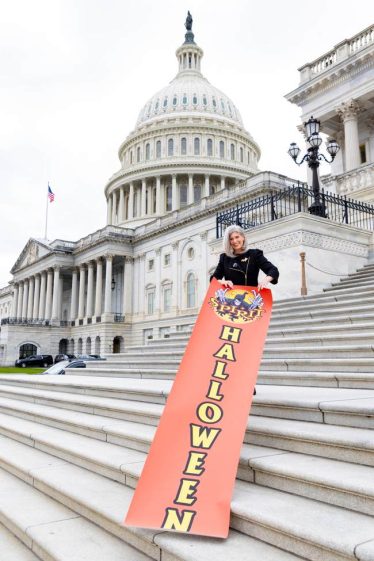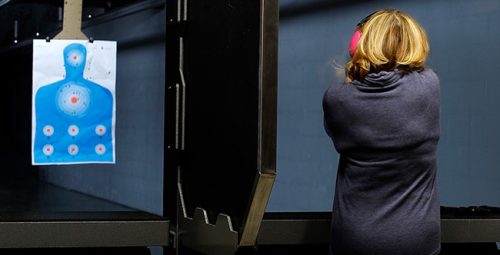The Giffords group is pushing to curb self-defense shootings, and this piece examines what that demand means for lawful gun owners, how the messaging treats victims and perpetrators, and why the debate over Stand Your Ground keeps getting twisted. I trace the background claim tied to a Wall Street Journal piece, explain why semantics like “killings” matter, and argue the consequences of limiting the right to use lethal force in genuine life-or-death situations.
Most people who buy a gun for protection never have to fire it, and that fact should inform any sober debate about public safety and rights. A small number of Americans do end up using a firearm to defend themselves or their families, and they often carry the emotional weight of that decision for years. Suggesting that those defensive acts should be broadly curtailed changes how we view both victims and the rule of law.
Giffords has taken aim at these incidents, and their language frames the issue in a way that should raise alarms for supporters of the Second Amendment. It uses “killings” rather than “murders,” which flattens a crucial legal and moral difference between justified defense and criminal homicide. That choice of words matters because it signals a desire to treat all outcomes the same, regardless of context or intent.
It starts with that terrible Wall Street Journal piece I wrote about on Thursday. The reporting — and the campaign that followed — leans on the idea that Stand Your Ground rules let people get away with murder, but that is a gross mischaracterization of how self-defense law actually functions. The law requires proof, context, and often scrutiny, not an automatic pass for violence.
Even accepting the broadest possible interpretation of Stand Your Ground, it is absurd to assume every lawful defensive shooting is a cynical ploy to dodge consequences. People have been defending themselves since long before firearms existed, and the central issue is whether the force used was reasonable and unavoidable in the moment. Scrubbing those facts from the conversation serves advocacy goals, not public safety.
Stand your ground laws encourage people to shoot first and ask questions later. It’s a license to kill that makes all of us less safe.
These legally sanctioned killings are on the rise and must be stopped. https://t.co/dpexy0JJSq
— GIFFORDS (@GIFFORDS_org) October 29, 2025
Giffords’ broader strategy looks less like a careful legal critique and more like a blunt instrument aimed at reducing private defense options. If the goal is to eliminate what it calls “legally sanctioned killings,” then the policy trajectory suggested will make Americans more vulnerable, not safer. Criminals who act without regard for the law will not be deterred by restrictions on victims.
When advocates frame every defensive act as part of a systemic problem, they ignore the lived reality of victims who face immediate danger in their homes or on the street. The policy outcome being pushed would force people to rely on police response times that are often too slow and on nonlethal measures that may be ineffective against an armed attacker. That is an unacceptable trade-off for those who must choose between inaction and protecting their loved ones.
There is room for honest, evidence-based discussion about improving training, background checks, and accountability in how force is used, and responsible conservatives support measures that strengthen both safety and rights. What we should reject is a rhetorical frame that refuses to distinguish between misuse of force and legitimate self-defense, because that frame sets the stage for disarming law-abiding citizens. Clear definitions and sensible standards, not blanket bans, are the route to preserving liberty and safety together.
Giffords’ public posture reveals an animus toward private gun ownership that too often overrides nuanced policy work, and that bias shows up in the language and the proposed outcomes. Conservative voters and policymakers need to push back where advocacy seeks to erase the difference between victim and aggressor. Protecting innocent Americans who must make split-second choices should be the priority of any serious reform effort.
<p”I’m not making Giffords look bad.” Its insane take on self-defense and desire to see the American people suffer at the hands of the worst among us is what makes it look bad. I’m just amplifying the signal for everyone to behold. Really, I’m doing Giffords a favor, even if it doesn’t like the results.






